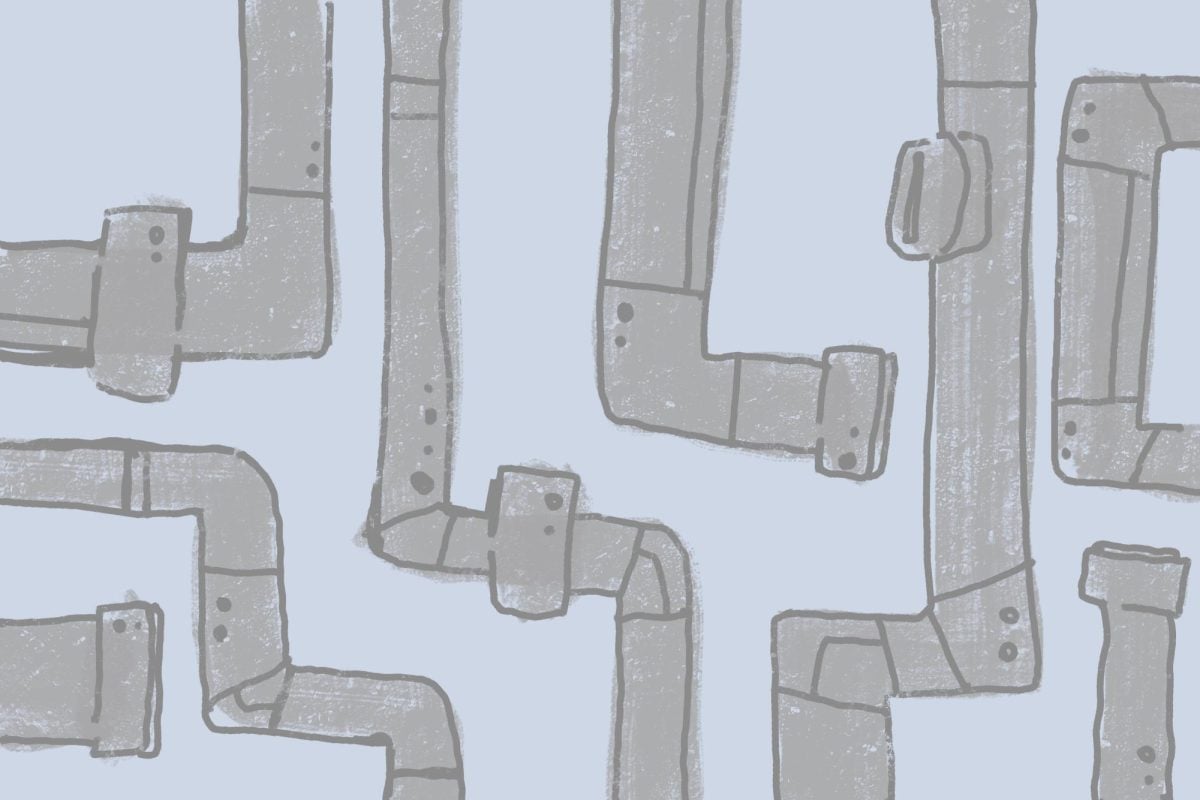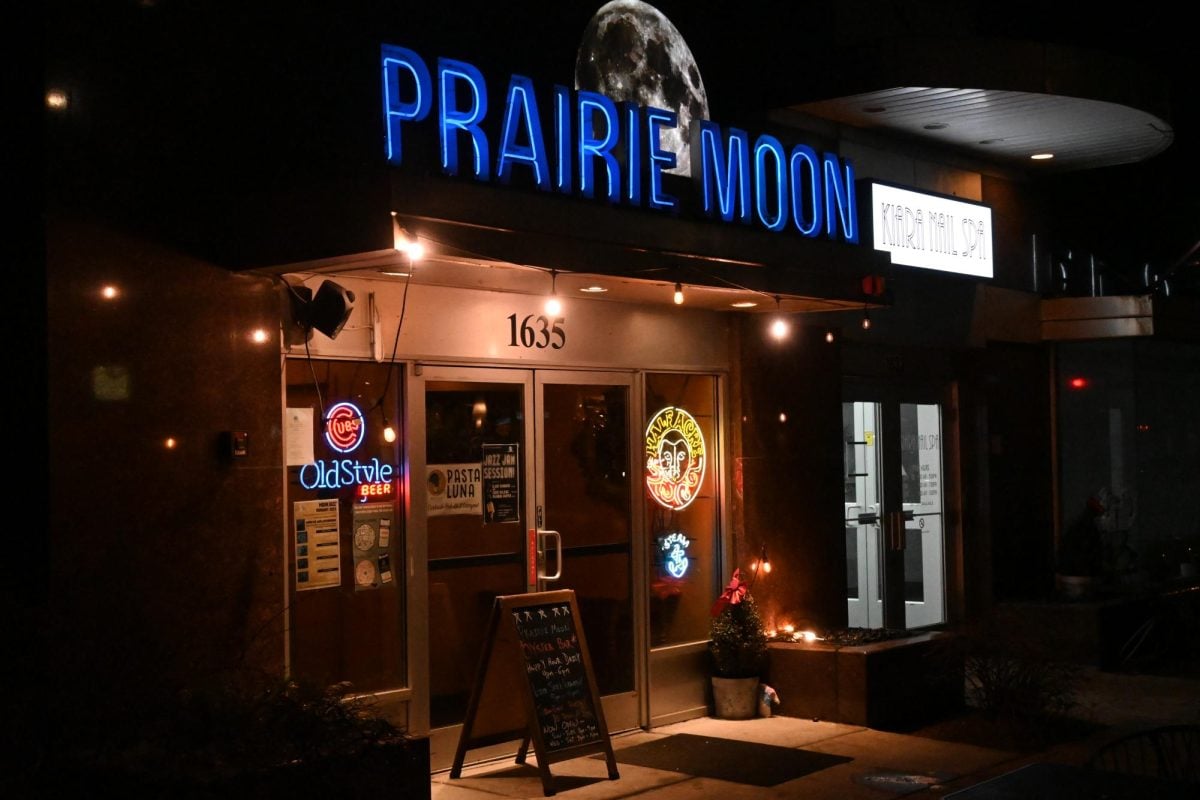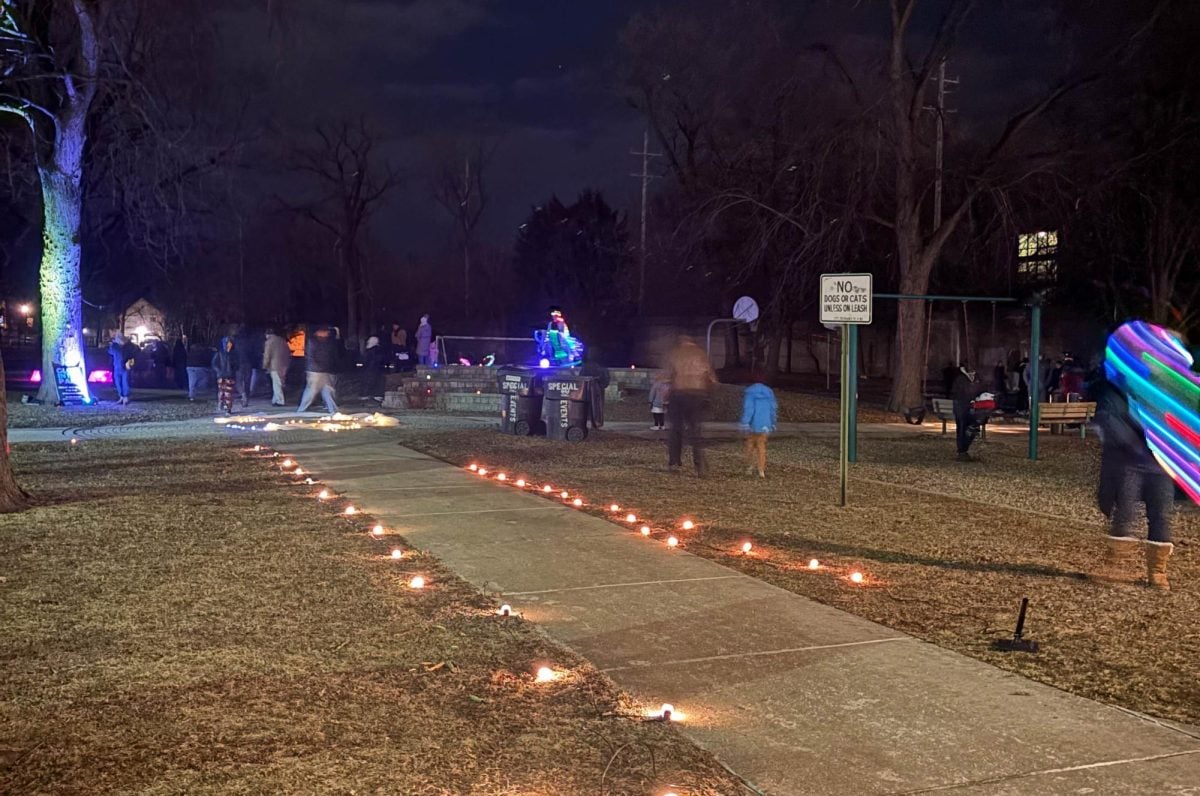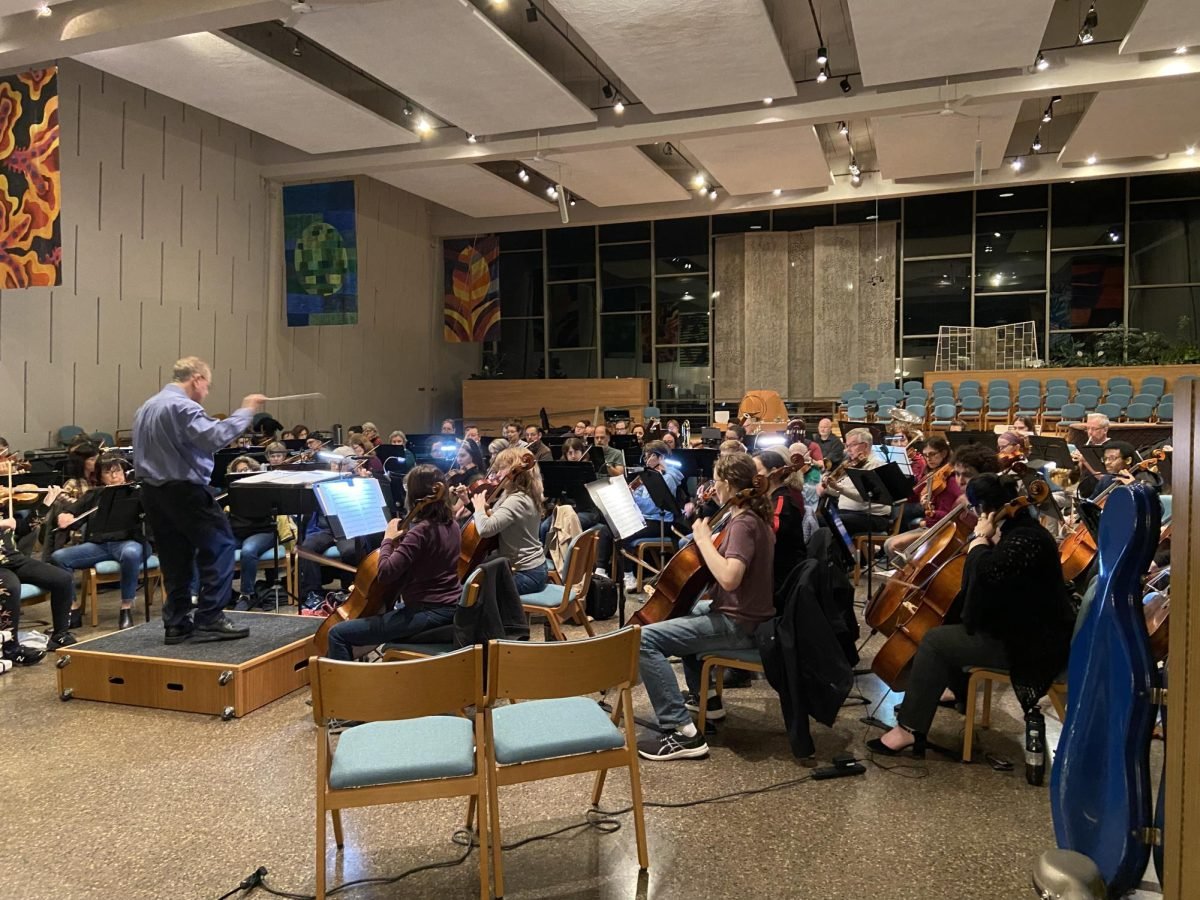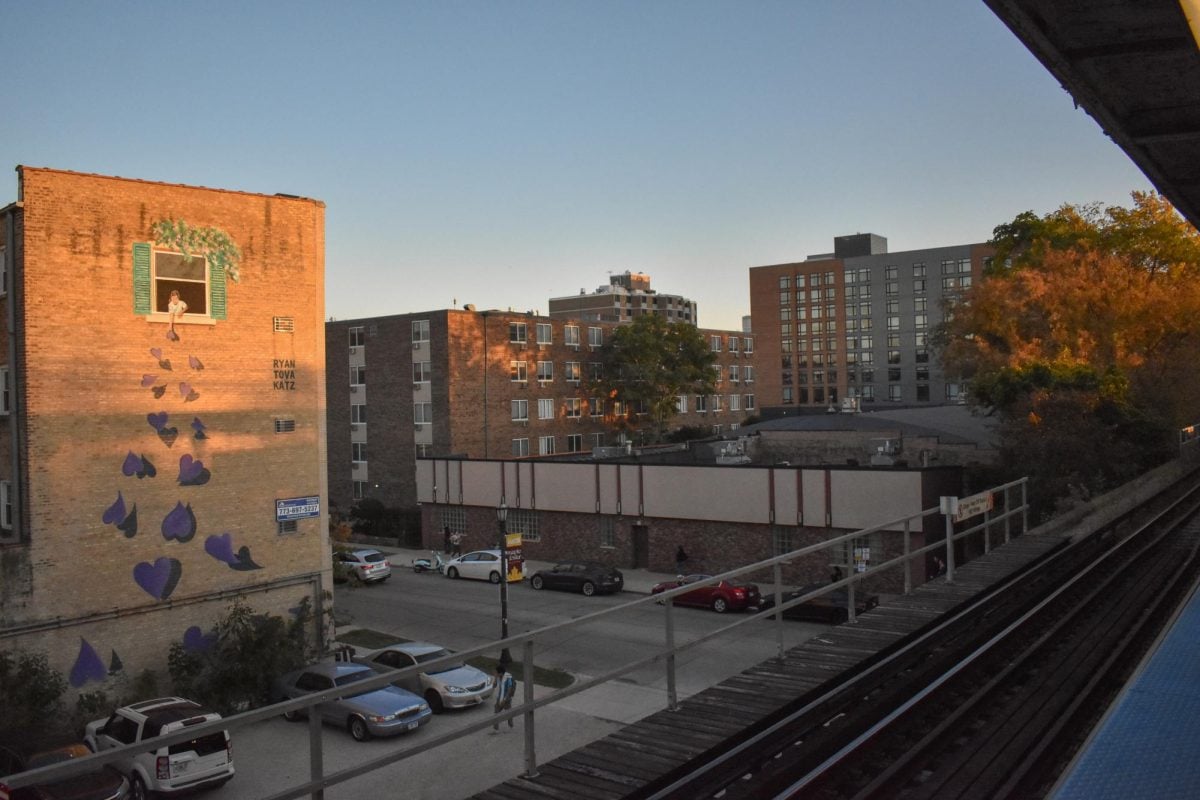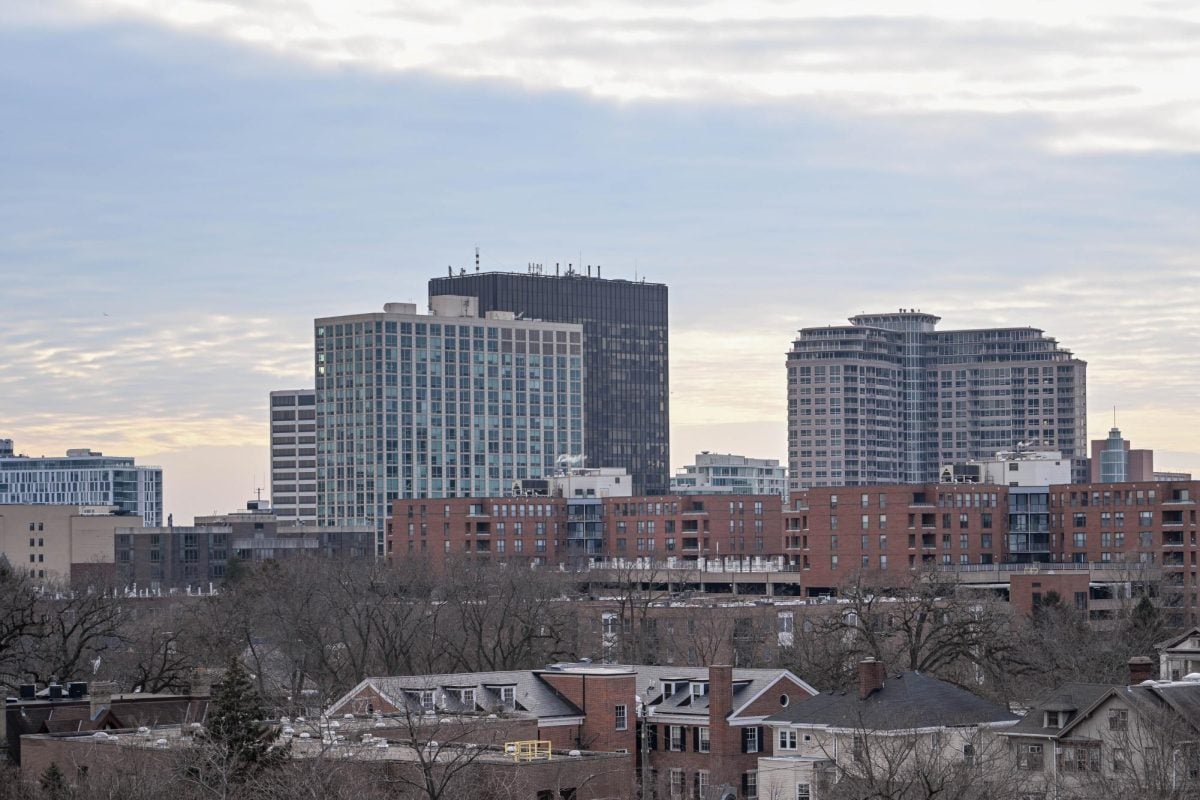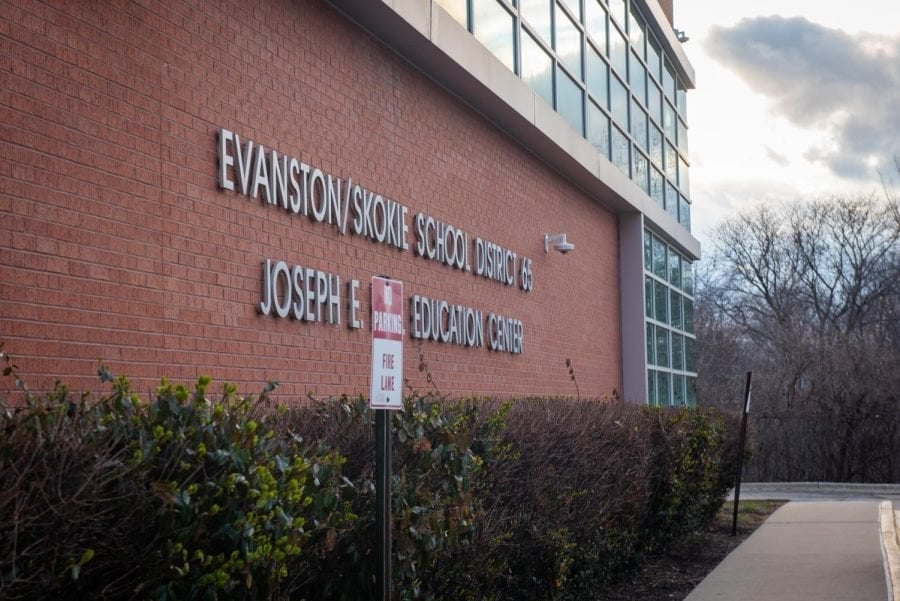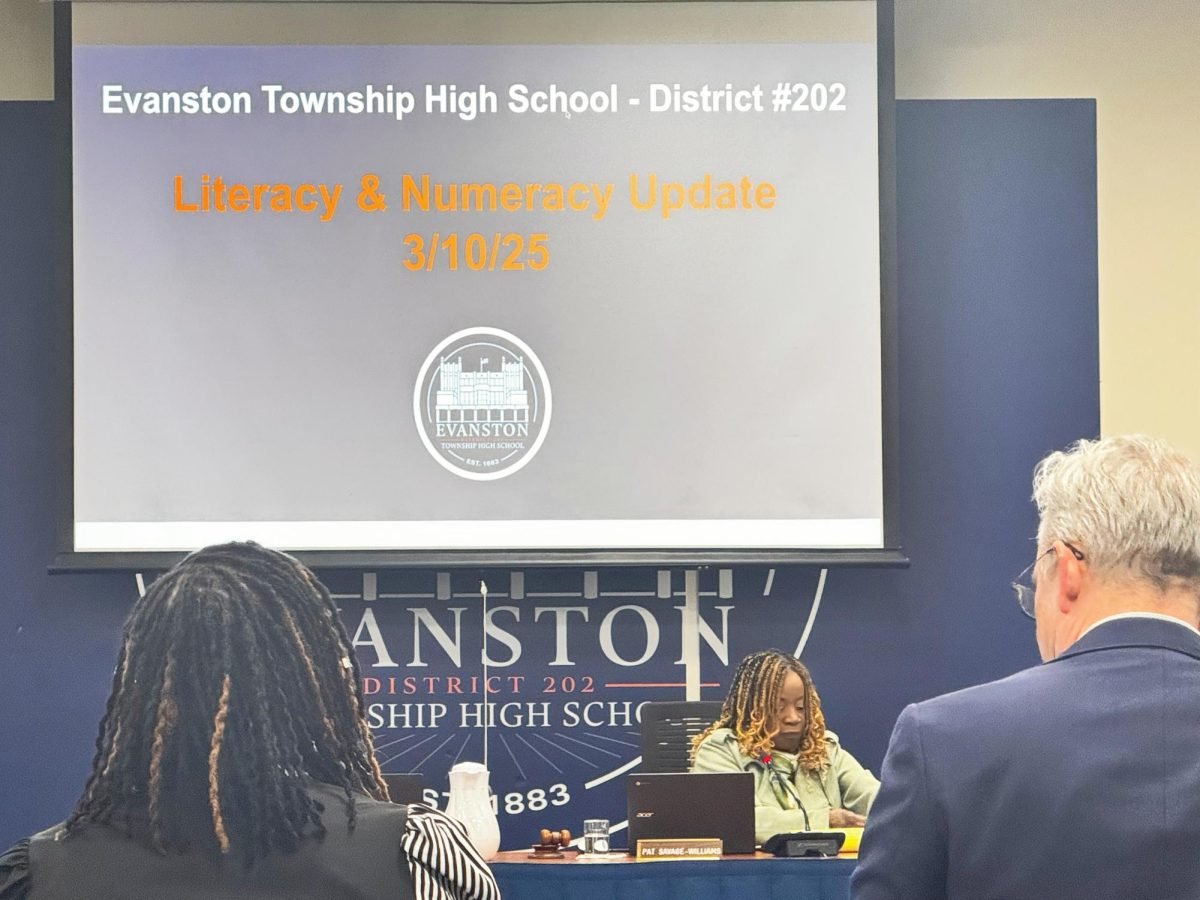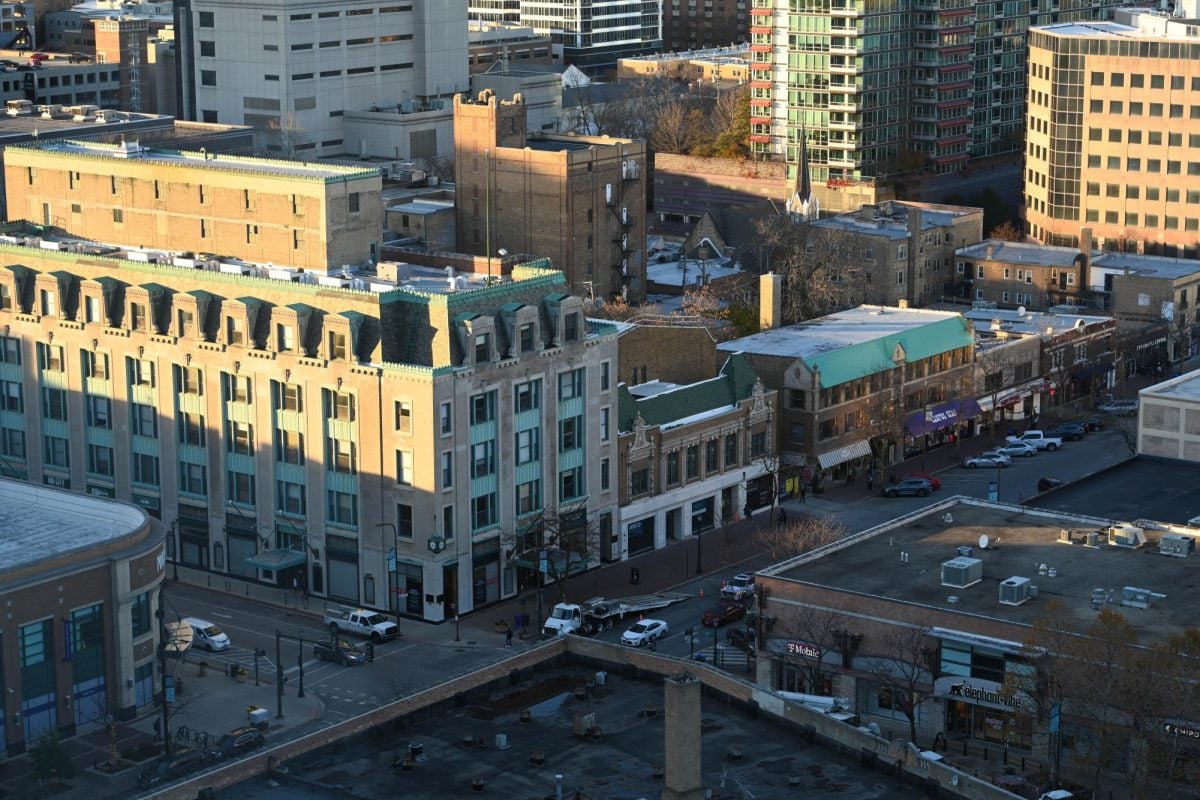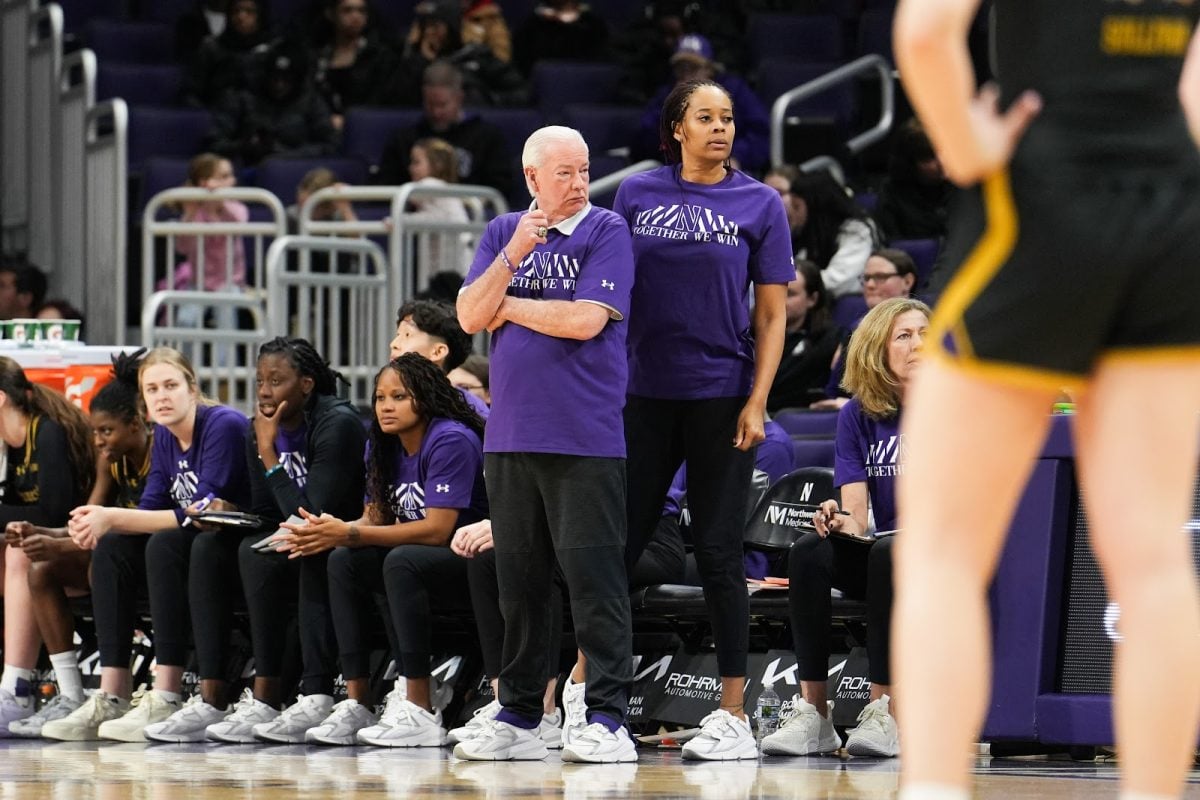Evanston’s Affordable Water and Sewer Rate Program raised enrollment from under 100 to 606 residents in the past year, meeting the city’s Water Bureau’s goal through an extensive community outreach program, according to city officials.
The program allows for people who qualify for the Access Evanston Program, a social service program for low-income Evanston residents previously called the Evanston Benefit Access Program, to receive reduced water and sewer rates.
Members of the program receive a reduced water rate of $2.09 compared to the regular rate of $3.91 per 100 cubic feet. The reduced sewer rate is $1.94 compared to $3.08 per cubic feet.
In 2023, Evanston’s water rate was projected to increase by 17.5%, increasing the average annual cost by $69.93. The annual household combined water and sewer usage total cost for 2023 was $740.55.
Illinois mandated the replacement of all lead services lines by 2047 in the Lead Service Line Replacement and Notification Act in 2021.
Currently, 10,496 out of the 14,654 water service lines are lead, according to Evanston Water Production Bureau chief Darrell King. The city is required to begin replacing these lines in 2027, King said.
The act did not provide funding to municipalities to help replace these lines, forcing the city to raise the city’s water rate to help finance the replacement.
Initially in 2022, Evanston residents qualified for the program through the Low Income Home Energy Assistance Program, but the city had trouble enrolling people in the program, King said.
“There was concern from our councilmembers that we just didn’t have enough people signed up, and it was concerning to us as well,” said Audrey Thompson, Evanston’s interim director of Parks and Recreation. “I think the issue became: How do people qualify for (the reduced) rate?”
At the time, the city had the Evanston Benefit Access Program which provided programs like subsidized transportation to older adults, people with disabilities and people with lower incomes, she said.
Switching to the Access Evanston Program as its qualifier resulted in significantly increased enrollment in the program, King said.
“Through that program, Evanston staff know who those community members are already that will qualify for this access, and therefore they’re in their system, they can reach out to them,” King said. “They have regular communication and so forth.”
Thompson said residents were registering for the program at community centers, such as the Levy Senior Center. However, the city soon realized people with disabilities and older adults were unlikely to frequent these centers, she said.
Because of this, senior services staff went to subsidized living facilities to educate residents on the reduced rates program and sign people up, according to Yazari Gutierrez, the city’s Senior Services manager. Another successful method of outreach was increasing awareness that let people know they qualified for these reduced rates as part of the Access Evanston Program, she said.
“We recognized that it was an accessibility issue, and also the fact that they just didn’t know that they would qualify,” Thompson said. “We really needed to go out and educate people.”
She said people appreciated the consideration the city took to help low-income residents.
“(People) feel like this is a good way for the city to give back to them, and it’s a really equitable way to assist them when it comes to their payments and their bills,” Gutierrez said.
Cook County announced an $11.5 million water affordability program in late August. Municipalities can apply for up to $300,000 to implement water affordability action plans, according to a county press release.
King said Evanston intends to apply for the county program to expand Evanston’s current program with the grant’s funds.
During the pandemic, Evanston participated in the Low Income Household Water Assistance Program, which provided funds to low-income households to assist with water and sewer bills, he said.
He said he thinks the Cook County program could provide residents with relief, prevent shut offs and help people catch up on their water bill.
“That could be a blessing to people that are behind on their water bills and so we’re looking into that,” King said.
Email: ninethkanieskikoso2027@u.northwestern.edu
Related Stories:
—City to conduct water main improvement on Crain Street
—Water intake replacement project set to begin mid-March
—Darrell King makes a splash as the next ISAWWA Water Professional of the Year

